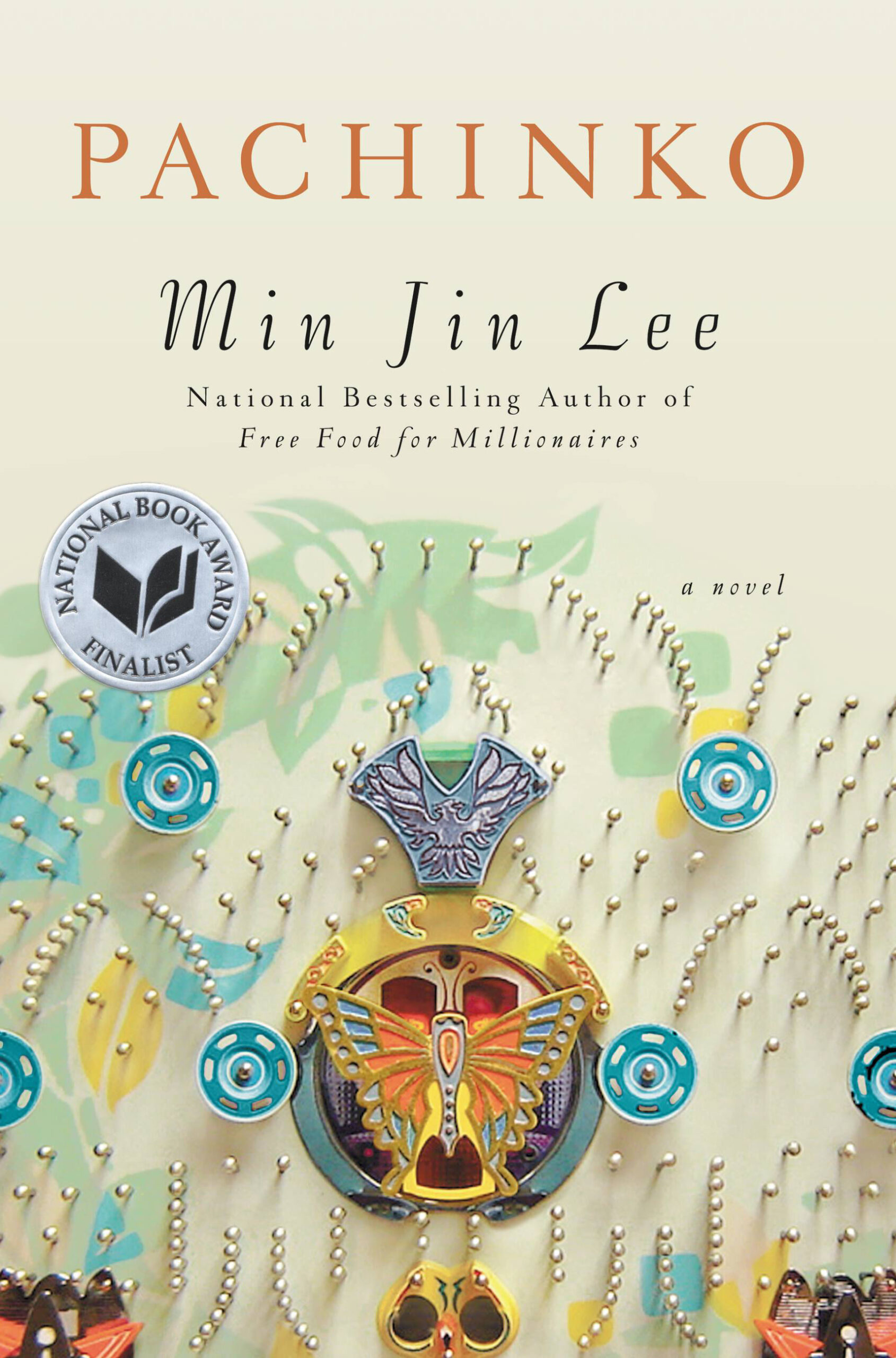"Pachinko" by Min Jin Lee is a sweeping family saga that spans four generations of a Korean family living in Japan. The novel follows the struggles and triumphs of the Baek family, who face discrimination and hardship as ethnic Koreans living in Japan during the 20th century.
The story begins in the early 1900s with Sunja, a young Korean girl who becomes pregnant out of wedlock and is forced to marry a sickly minister who offers to raise her child as his own. Sunja and her family eventually move to Japan, where they face prejudice and discrimination as Koreans in a country that views them as second-class citizens.
As the story unfolds, we see how the Baek family grapples with issues of identity, loyalty, and belonging. Each generation faces its own challenges and struggles, from the harsh realities of life during World War II to the economic boom of post-war Japan.
One of the strengths of "Pachinko" is its richly drawn characters, who are complex and fully realized. Sunja, in particular, is a compelling protagonist whose resilience and determination to provide a better life for her family is both inspiring and heartbreaking.
Lee's writing is evocative and immersive, bringing to life the sights, sounds, and smells of 20th century Japan. The novel is meticulously researched, providing historical context and insight into the experiences of Koreans living in Japan during this time period.
Overall, "Pachinko" is a powerful and moving novel that explores themes of family, identity, and the search for belonging. It is a deeply affecting story that will stay with readers long after they have finished the book.

